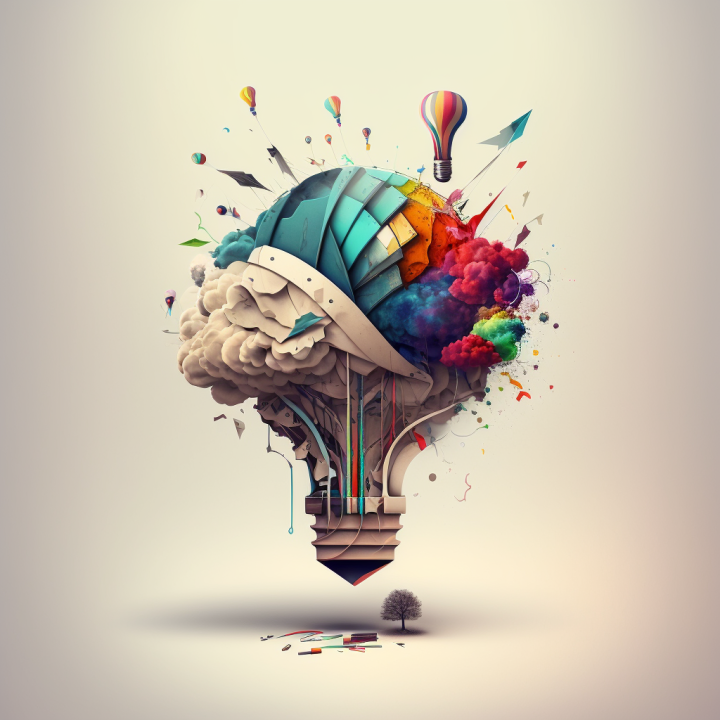
In today’s competitive marketplace, businesses are constantly seeking new ways to stand out. Whether through digital platforms, physical spaces, or customer experiences, the visual elements that represent a company often carry more weight than words. Strong design has the power to attract attention, build trust, and foster emotional connections. This makes creative design an essential component of modern brand-building strategies.
Why Design is More Than Just Aesthetics
Many assume that design is purely about looks, but it goes far deeper. Design communicates identity. It tells your customers who you are, what you stand for, and why they should trust you. A well-crafted logo, consistent color palette, and thoughtfully chosen typography can differentiate a brand in ways that traditional advertising alone cannot achieve. Moreover, consistent design across all platforms—from websites to packaging—creates familiarity and reinforces recognition.
The Link Between Design and Consumer Psychology
Consumers are highly visual. Research has shown that humans process images up to 60,000 times faster than text. This means that before they’ve read a word about your company, potential customers have already formed an impression based on what they see. Clean, engaging design reduces friction in decision-making and encourages people to interact with a brand. Poor design, on the other hand, can create confusion and mistrust, no matter how great the product or service.
The Power of Storytelling Through Design
Design also plays a crucial role in storytelling. Every brand has a story, but not every brand communicates it effectively. Visual storytelling through branding, advertising campaigns, or digital design helps bridge this gap. Whether it’s through photography, illustrations, or motion graphics, these creative tools help evoke emotions and make messages memorable. A strong visual story not only communicates information but also establishes a connection that keeps customers coming back.
Balancing Creativity with Functionality
It’s easy to get caught up in being “different,” but design must balance creativity with functionality. For example, a website with stunning visuals but poor navigation will frustrate users, leading them to leave quickly. The best design solutions merge artistry with usability, ensuring that customers can both enjoy and interact smoothly with the brand. When function and creativity align, design can truly elevate business outcomes.
A Growing Hub of Creative Talent
Across the UK, demand for design services has grown steadily. Businesses, both small and large, now recognize that design is not an optional extra but an essential investment. This has led to the rise of many talented hubs of designers offering specialized services to meet business needs. For instance, graphic design studios Birmingham have become increasingly popular as companies seek fresh perspectives to refresh branding, launch campaigns, and create digital-first strategies. The rise of regional creative studios highlights how businesses don’t always need to look to London for innovation; design talent is thriving in cities across the country.
The Future of Design in Branding
Looking ahead, trends such as AI-driven personalization, augmented reality experiences, and sustainable design will continue to reshape the industry. Brands that embrace these changes early will be better positioned to stay relevant. Yet, the foundation of all successful design will remain the same: clarity, creativity, and connection. As consumer expectations evolve, businesses must remain flexible while staying true to their core identity.
Final Thoughts
Design is no longer just a “nice to have.” It is a vital driver of recognition, loyalty, and business growth. The companies that invest in thoughtful, innovative design are the ones that will rise above the noise in an increasingly crowded market. Whether you’re a start-up or an established corporation, it’s worth remembering that your design choices are not just about how your business looks—they’re about how your business is understood.






